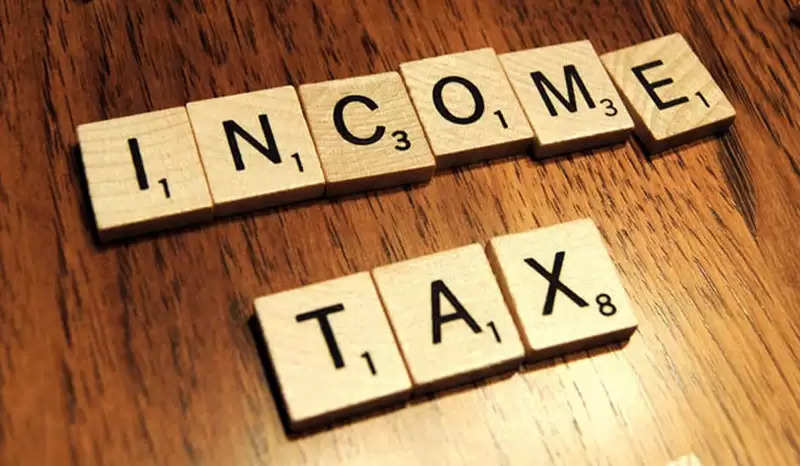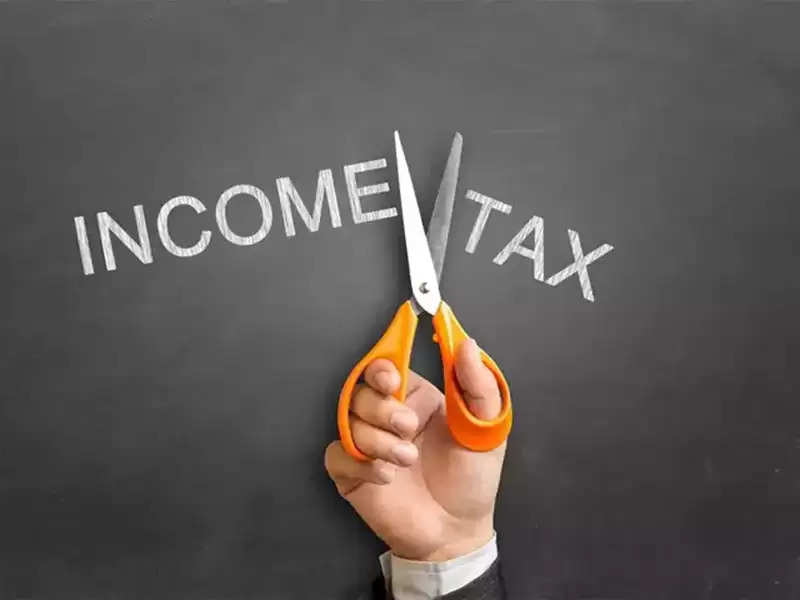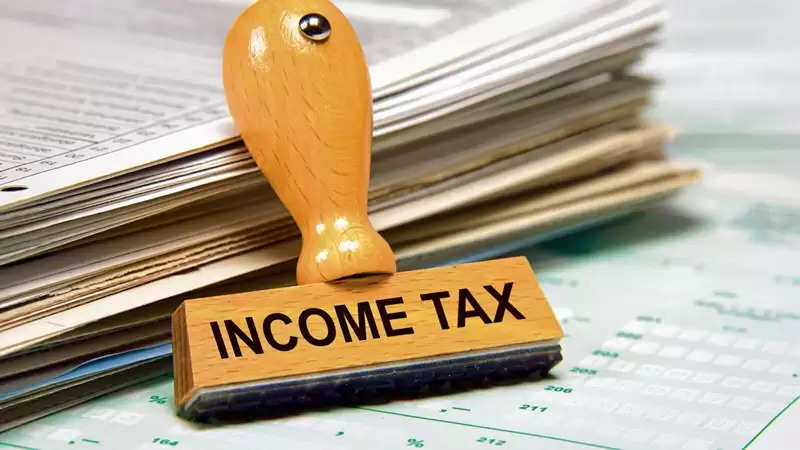Income Tax: If you are going to buy a new flat by selling your old house, then know this rule of Income Tax..

If you are going to sell your old house, then you may have to pay income tax on the profit made from it. In the income tax rules, you have also been told the way to save from this tax liability (how to save tax). But if you do not have complete knowledge of the rules related to income tax, then you will not be able to take advantage of them. Therefore, it is wise that before implementing your plan to sell one house and buy another (tax saving tips), you should understand the tax rules related to it thoroughly, so that later you do not have to regret due to heavy tax liability. We tell you the whole thing through a hypothetical example so that this issue of tax (Income tax rules) can be understood easily.

How is tax liability determined
Rakesh wants to buy a new house. For this, he is planning to sell his house bought 6 years ago for Rs 50 lakh. The price of his old house has now increased to around Rs 90-95 lakh (how to save tax on new house). Now the question is, will he have to pay income tax on selling the old house and buying a new one? And if he has to, then how much? If the house bought for Rs 50 lakh is sold for Rs 95 lakh after 6 years, will he have to pay tax on the entire amount? Or will the tax be levied only on the profit of Rs 45 lakh (house tax on selling and buying)? Rakesh knows that there is some relief in income tax on selling the old house and buying a new one. But he is not fully aware of the rules related to it.
What are the income tax rules?
The details of how income tax will have to be paid on the profit made on selling residential property are given in Section 48 of the Income Tax Act. According to this section, if a residential house or flat (property rules for the new house) is sold after 24 months or more of its purchase, then the profit made from it is called Long Term Capital Gain (LTCG). Long-term capital gain tax has to be paid on this long-term profit at the rate of 20 percent. To calculate this long-term capital gain, the cost of buying the old house is deducted from the amount received on selling it. During this, apart from the price of the property (property rules), the expenditure incurred on its development is also deducted. Apart from this, expenses like commissions paid to the broker for selling the property and lawyer's fees are also deducted from the profit. Along with this, indexation benefits are also available.
How to get indexation benefit
Before calculating the profit made from selling a residential property, its current cost has to be calculated. For this, the original price of the property which is years old is adjusted according to the increased prices during the holding period. For this price adjustment, the Cost Inflation Index (CII) issued by the government every year is used. Finding the correct current cost of the property through CII is also called indexation benefit. Indexation increases the cost of the property and reduces the profit. And when the profit reduces, the long-term capital gains tax levied on it will also reduce.
How to get tax exemption on buying a new house
Long-term capital gains tax exemption can be given under section 54 of the Income Tax Act on buying a new house using the profit earned from selling the old residential property. This exemption is available only to personal income taxpayers or Hindu Undivided Family (HUF). Along with this, some other conditions also have to be fulfilled to get this exemption:
- The house sold should be a residential property.
- It is necessary to buy another residential property within two years of selling a residential property.

- Exemption can also be taken under this rule on the second residential house purchased one year before the date of selling the old residential property.
- If a new residential property is being built after selling the old residential house, then its construction should be completed in 3 years.
- The new residential property should be in India only. There is no tax exemption for buying or building a house abroad.
– The maximum limit for tax exemption on capital gains tax under section 54 and section 54F has been fixed at Rs 10 crore from April 1, 2023.
– According to the rules applicable from assessment year 2020-21, capital gains tax exemption can be availed for buying or building a maximum of two residential houses. But in such a situation, the maximum capital gain should not exceed Rs 2 crore.
PC Social media
 (1).png)
